|
03
MAR
2018
|
|
|
|
Selective feeding occurs when rabbits choose some components of the muesli diet in preference to others. Rabbits will naturally select the higher energy (high sugar or starch elements) and reject the pellets. This results in an unbalanced diet, as the pellets are often supplemented with minerals and vitamins as well as often being high in fibre.
Selective feeding increases the risk of the problems below:
- dental disease
- gut stasis and other digestive problems
- fly strike
- reduced fibre intake
- reduced water intake
Rabbits fed muesli style diets eat less hay leading to a reduced fibre intake. These issues have been highlighted in research by Professor Anne Meredith. The results have been published in peer reviewed journals. As a result of this research many pet retailers in UK removed muesli style diets from their shelves in 2013 and we have continued to educate vets, retailers and rabbit owners on the importance of correct nutrition for .. [More]
|
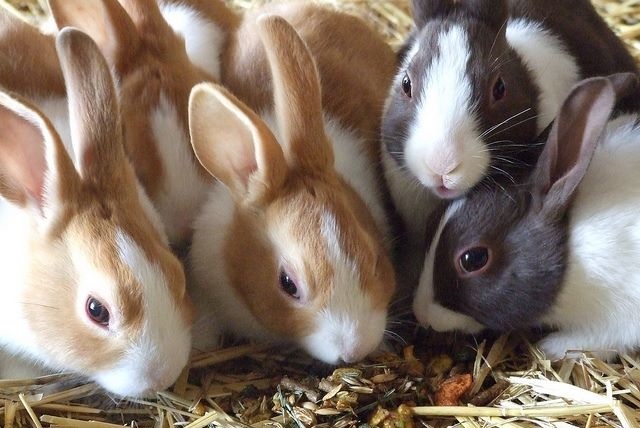
|
|
|
Tags :
Muesli Style Diets are Unhealthy For Pet Rabbits and Guinea Pigs
|
|
|
|
18
DEC
2017
|
|
|
|
‘Tis the season to be jolly but, for our pets, it’s also a time of hazardous foods, poisonous plants and dangerous decorations. Ensure the four-legged members of your family have a safe and happy Christmas by following DR SUZANNE MOYES’ festive advice For those pets who have seen a Christmas or two, the sudden arrival of a pine tree, tinsel and plates piled high with mince pies, will likely be taken in their stride. However, for young animals, all these exciting new things require close inspection, which can lead to all sorts of problems.
All You Can't Eat
At this time of the year, many of the foods we love to tuck into will do our pets more harm than good – so those pleading eyes must be ignored. It’s far better to keep your pets on their usual Burgess diet. Festive foods on the blacklist include:
Pigs in blankets: Fatty, salty meats such as pork can lead to pancreatitis.
Mince pies and Christmas cake: Raisins and sultanas (a.. [More]
|
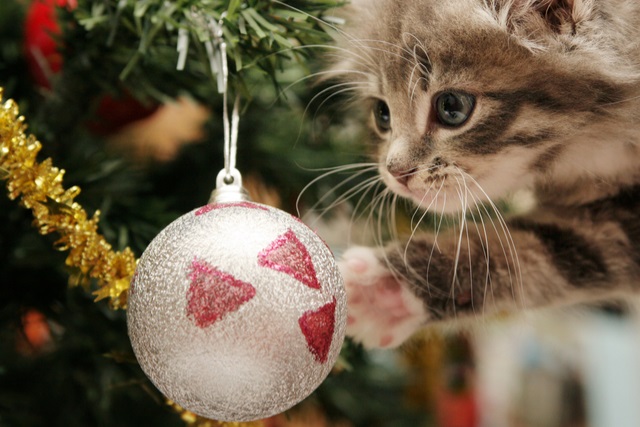
|
|
|
Tags :
Christmas Perils For Our Pets
|
|
|
|
16
NOV
2017
|
|
|
|
Everyone wants their pet to live a long and healthy life. For many years in South Africa it was thought that rabbits live maybe three to five years. Overall, rabbits are living longer these days thanks to a combination of specially trained veterinarians and better knowledge of how rabbits should live and what they should eat.
Domestic rabbits usually live between 10-15 years, in contrast to wild rabbits, which may only live a few years because they deal with disease, starvation, and predators. Though there are a variety of rabbit breeds, it’s difficult to determine whether specific breeds live longer than others. Larger breeds often have a shorter lifespan than smaller rabbits, but there are many rabbits which can prove you wrong. The oldest domesticated rabbit on record is 18 years. Today people are feeding rabbits much better food than in the past and keeping them inside more often, which protects them from weather and predators and can help them to live longer.
.. [More]
|
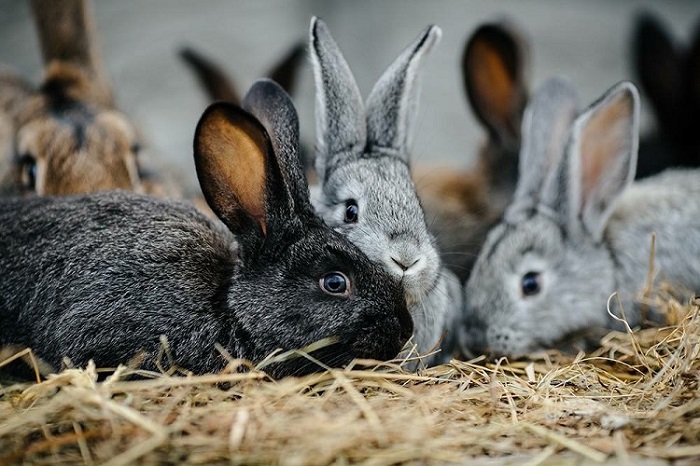
|
|
|
Tags :
How Long Do Rabbits Live South Africa , Rabbit Lifespan South Africa , Pet Rabbit Food South Africa
|
|
|
|
25
SEP
2017
|
|
|
|
Perhaps it’s Bugs Bunny’s fault that we associate carrots as being the perfect food for our rabbits. In every cartoon, Bugs totes a bright orange carrot as he utters his catchphrase – ‘what’s up doc?’. In fact, rabbits don’t naturally eat root vegetables and too many carrots could lead to a visit to the bunny doctor. So, what other foods should bunny owners avoid giving to their pets?
LETTUCE – Some types of lettuce, such as iceberg, contain lactucarium, which can be harmful to rabbits in large quantities. Light-coloured lettuce varieties are high in water and have very little nutritional value and will probably just give your rabbits the runs.
CHARD – It’s a leafy green but not one that rabbits can tolerate, causing colic and bloating.
FRUIT – Rabbits don’t naturally eat fruit, which is high in sugar, so it shouldn’t be a regular part of their diet. Avocado, which might seem like the perfe.. [More]
|
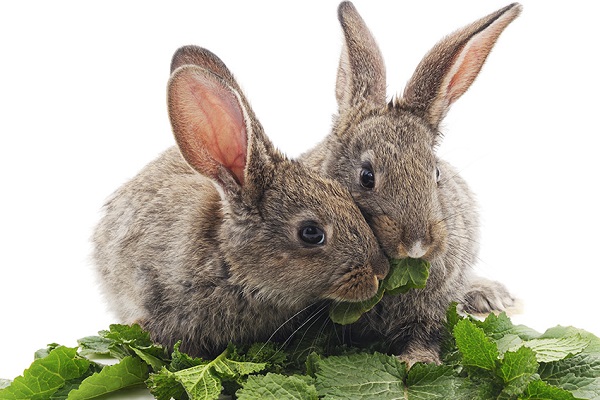
|
|
|
|
|
12
FEB
2017
|
|
|
|
We would like to urge all rabbit and guinea pig owners to stop feeding their pets muesli-based foods in an effort to improve their diets. Please dump the junk. There is no such thing as a healthy muesli food. Muesli-style foods, which can contain flaked maize, peas, pellets, grains and seeds, are extremely low in fibre and have been shown to increase the risk of serious illness in rabbits and guinea pigs, with the PDSA PAW Report 2013 stating they are the cause of deadly dental and digestive problems.
We think pet owners should ditch plain grains in favour of nutritionally rich pellets that aid digestion and dental health. Any changes to your pet’s diet should be done over time though so not to upset their digestion.
Why stop, why now?
Even if your pet has been fed a muesli-based diet all their lives, they will still benefit from a swap to hay, leafy greens and nuggets. Just introduce it gradually and in small quantities to reduce the likelihood of stomach .. [More]
|
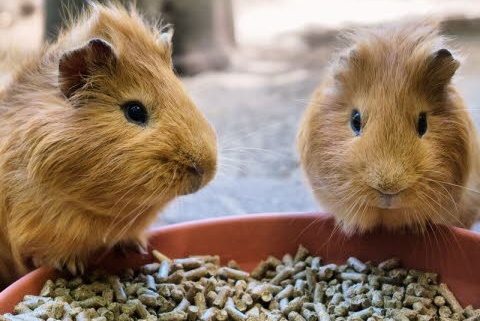
|
|
|
Tags :
Stop Feeding Muesli To Rabbits & Guinea Pigs
|
|
|
|
15
JAN
2017
|
|
|
|
Did you know that rabbits and guinea pigs need different types of hay to sleep on and to eat? While grass and herb based foods, such as pellets, will provide a good portion of your pet’s fibre needs, grass is what they would naturally nibble all day long in the wild.
Providing enough fresh grass every day to meet your rabbit or guinea pigs’s needs is difficult, hay has just the same health and digestive benefits as fresh grass – but is much easier to store.
In fact, studies have shown that feeding hay should make up to 85-90 per cent of your small furry’s daily diet, that’s around 1kg of hay per week, to maintain a healthy gut and weight and keep teeth healthy.
However research has shown that the majority of rabbits and guinea pigs are not fed the correct hay, and instead are forced to chew on bedding hay, which, while comfortable to sleep on, is often unpalatable and has an unknown nutritional value.
So what’s the alternati.. [More]
|
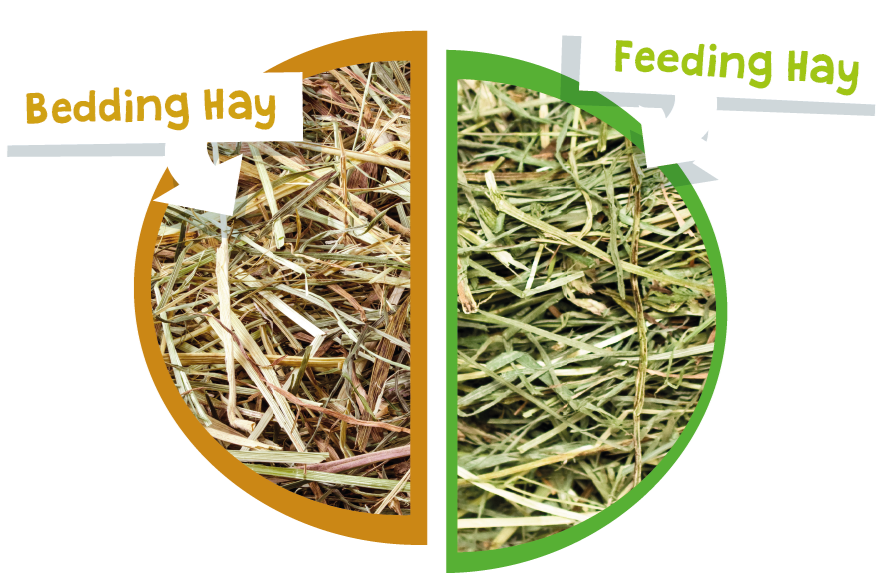
|
|
|
Tags :
Difference Between Bedding & Feeding Hay For Rabbits Guinea Pigs Chinchillas South Africa
|
|
|
|
06
NOV
2016
|
|
|
|
The purpose of a substrate (bedding) used in small animal cages is to absorb bad smelling, urine odour. Small pets such as hamsters, gerbils, mice, rats and guinea pigs need a clean habitat in order to thrive and remain healthy. Therefore the more absorbent a bedding, the better it controls nasty smells. There are a wide range of substrates available, each with its own positive and negative aspects.
You can use shredded paper as a substrate, but it won’t absorb odours, so your pet’s cage could get stinky fast. Make sure to use only paper that hasn’t been printed, as ink can be very dangerous to small animals. Only newspaper with black ink is considered to be safe.
Another suitable option for substrate are paper and wood pellets. These pellets have the benefit of being very absorbent. It may be difficult for some pets to burrow through it, however, and can be a bit expensive.
Burgess Excel Bedding is also a good option and made from natural straw i.. [More]
|
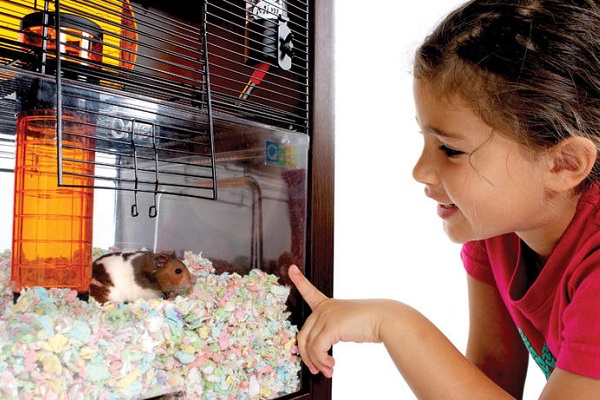
|
|
|
Tags :
Purpose Of Small Animal Bedding South Africa , Importance Of Small Animal Bedding , Carefresh South Africa , Small Animal Bedding South Africa , Wood Shavings South Africa
|
|
|
|
02
OCT
2016
|
|
|
|
Wood shavings are commonly used in South Africa as a bedding product for small animals because it’s cheap, absorbent and masks the odour from urine. It also has natural insecticidal properties and prevents the growth of bacteria (natural disinfectant). However, there has been much discussion over the safety of wood shavings among pet owners. Are wood shavings really dangerous for the animals for which they are intended?
When you open a bag of wood shavings you will instantly smell the "aromatic" nature of the litter. That smell is where the problem lies. The smell is from the natural volatile chemicals in the wood called phenols. Thus one of your best detection methods for determining an unknown bag of shavings is your own nose! If you sniff the shavings and they smell like a freshly cut Christmas tree, those shavings are releasing phenols. That bright, crisp smell is the chemical compound evaporating from the wood. Kiln-dried pine shavings are considered sa.. [More]
|
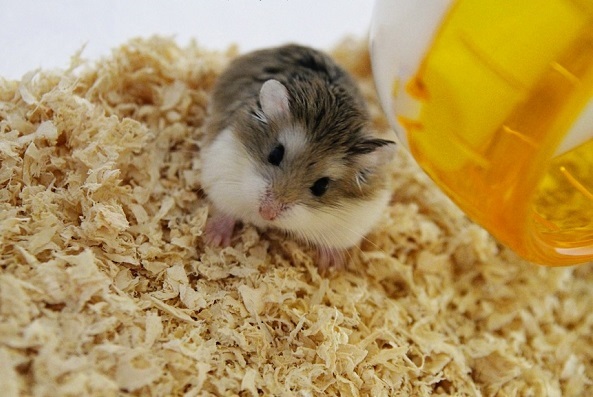
|
|
|
Tags :
Wood Shavings Are Toxic To Small Pets South Africa
|
|
|
|
31
JUL
2016
|
|
|
|
Rabbits need a generous outdoor space to run around in and cosy indoor quarters where they can rest and find shelter. Providing them with this will allow them to express their natural patterns of behaviour and so lead happy, healthy lives.
Hutch/Shed and Runs
Rabbits should be housed in a hutch or shed with a run permanently attached to it. The hutch/shed provides shelter; the run provides space for the rabbits to express natural behaviour such as running, digging, jumping and exploring. The two areas should be connected by a tunnel or the run built onto the front of the hutch/shed. The run can be on grass or concrete, if grass it's advisable to dig mesh under the grass to help prevent escapes and predators getting in.
The minimum sizes recommend by animal welfare organizations for a small-medium pair of rabbits are:
Hutches
2 metres long by 0.6 metres deep by 0.75 metres high
All doors should have strong bolts on to keep safe from predators.. [More]
|
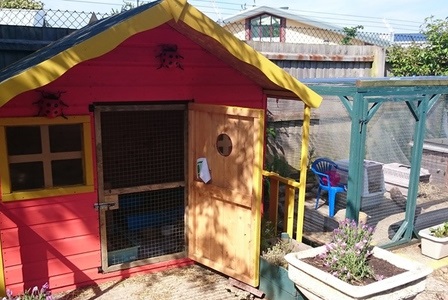
|
|
|
Tags :
The Ideal Rabbit Accomodation South Africa
|
|
|
|
20
JUL
2016
|
|
|
|
Rabbits are continuing to be seen in increasing numbers in veterinary clinics with dental disease. The main staple of a rabbit's diet should be grass and timothy hay. Your rabbit will consume a lot of hay daily; it’s vital for digestive health. When rabbits become adults, they will be able to eat some alfalfa hay (lucerne) on occasion, but young bunnies need to stick with timothy hay.
Once the rabbit has snipped off that tasty dandelion, he uses his tongue to thrust it back to his cheek teeth. These are the grinding teeth that break the harsh fiber down into short sections that can be swallowed. Obviously this is hard work for the teeth, and constant chewing on fibrous grass or hay wears the teeth down. But happily, the teeth love a challenge and just grow a bit faster. However, the opposite is not true. If the rabbit eats a low-fiber diet and wears the crowns down less quickly, those stubborn old teeth just keep on growing.
Signs of Overgrown Teeth
Overg.. [More]
|
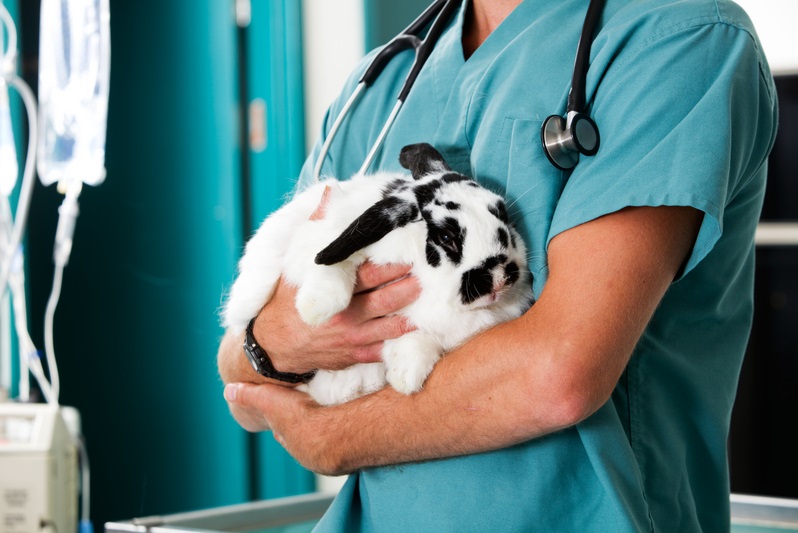
|
|
|
Tags :
Diagnosing Rabbit Dental Disease
|
|
|
|
|
|
Category List
|
|
|
|
|
|
Archive List
|
2025 2023 2022 2021 2020 2019 2018 2017 2016 2015 2014 |
|
|